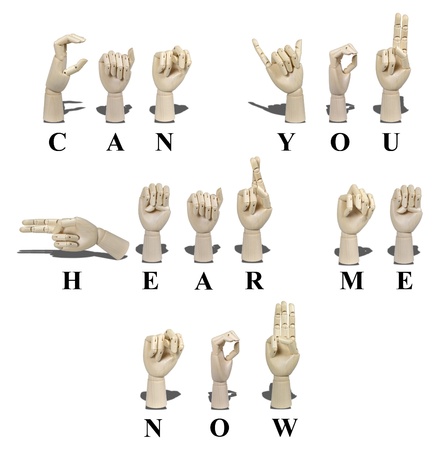A couple of weeks ago I was at a client’s site observing the everyday ins and outs of their business workday. While I was there, I happened to notice a team-leader walk by one of her co-worker’s desks. The co-worker had just hung up the phone and the team-lead’s ears were perked like our black-labs ears when she is hunting.
She stopped, sensing something was wrong.
She paused, even though she was on a beeline to attend a high-profile meeting, and looked at her colleague.
“Everything okay?” she checked-in, hearing that she was taking care of non-work related business.
“Yup”
“Do you need anything?”, was the lead’s calm, unhurried, supportive response.
“Nope, all good.”
Seeing that the co-worker’s face was relaxing, she smiled, and started back on her brisk pace to the meeting.
Yes, it is minor, and yes, she was taking care of personal business at work. However, we are people and those minor life hiccups can cause us to lose momentum at work. The pause to listen and show concern did more in that twenty seconds than monitoring the employee’s key deliverables. Of course, setting specific deliverables is important and as leaders, we also need to listen to those we lead whether it is a scheduled review or if we are walking through the office. The paradox of learning to navigate both worlds, that of making a profit and caring about your people, will serve you well. Listening will help you do just that.
Successful leadership requires purposeful listening skills.
Three ways to be a better listener and, in turn, a brilliant leader:
- Remember conversation is a two-way partnership. It is a collaboration, not a competition. Most of the time, there needs to be just as much talking as listening from both parties. Waiting for a pause and then reloading your thoughts so you can talk and win the conversation is not quality listening.
- Listen beyond facts, discerning emotions. Emotion is what connects us to the other person. Too many times we think we are good listeners because we are listening and asking questions about the important facts. But in reality, we are not making a personal connection with just facts. Pausing to understand the feeling behind the statements provides us with the why and how of the other person.
- Listen with all your senses. Physicians are masters of this skill. They use all their senses in an exam to investigate your symptoms, paying attention to your body language and manner, and establish a diagnosis. This requires presence and not thinking about the past conversation or the next event down the road. Listening with all your senses will give you a clearer picture of what your people need.
Once you move from just hearing the words to listening for the rich context and meaning, you will build trusting relationships, taking you and your organization to brilliance.

